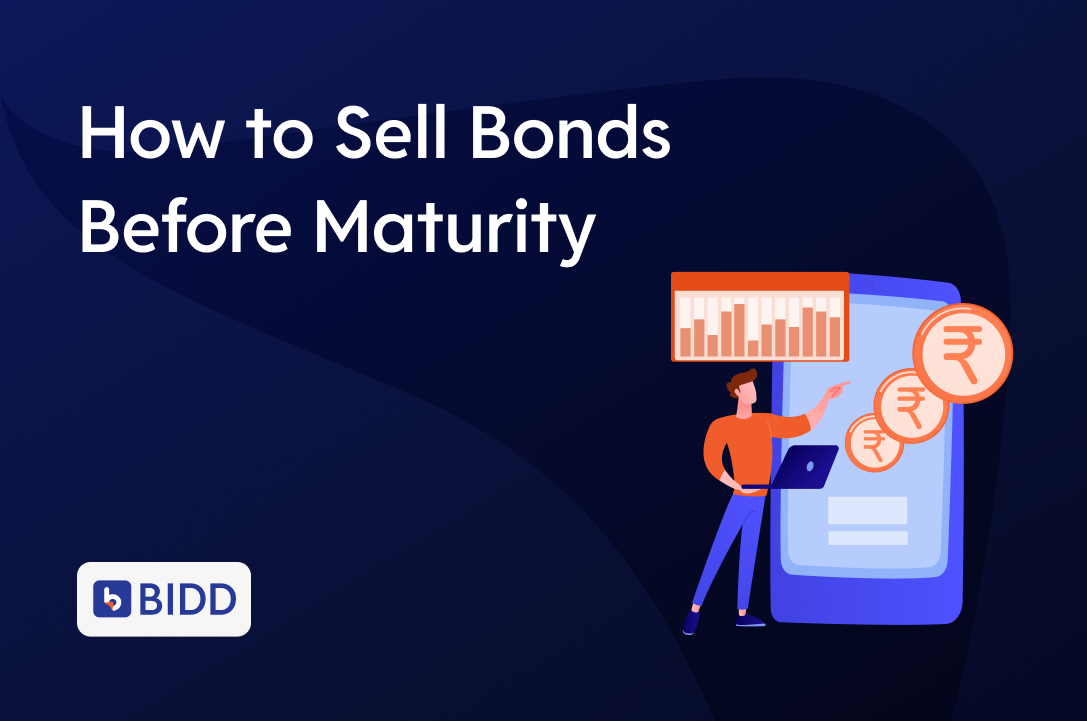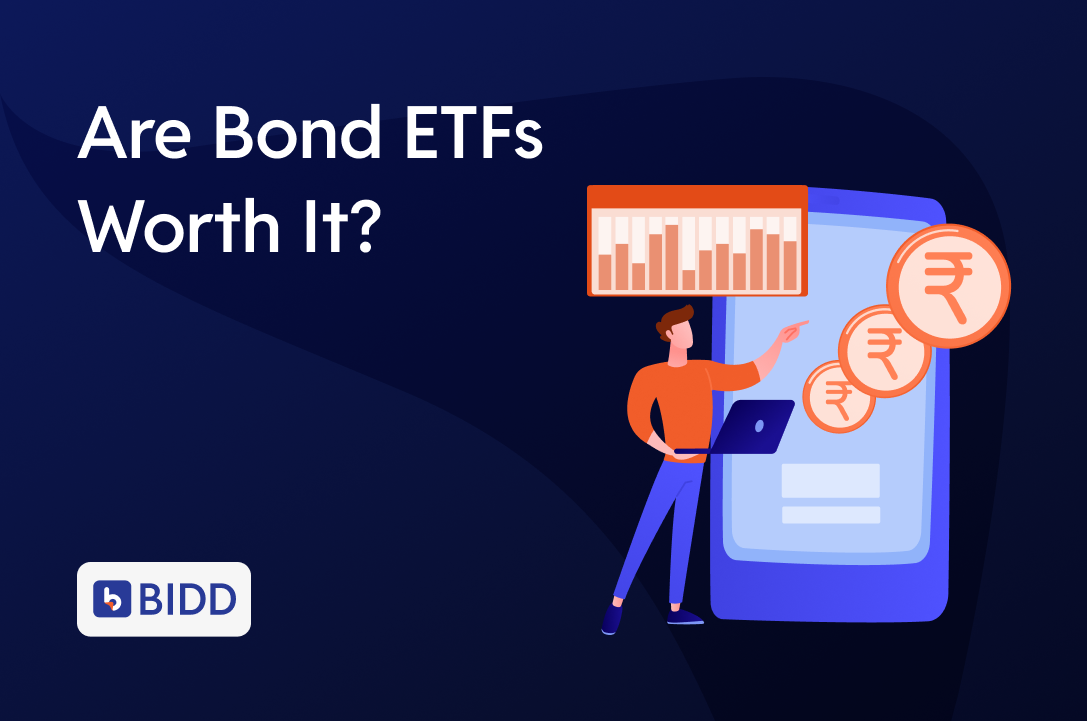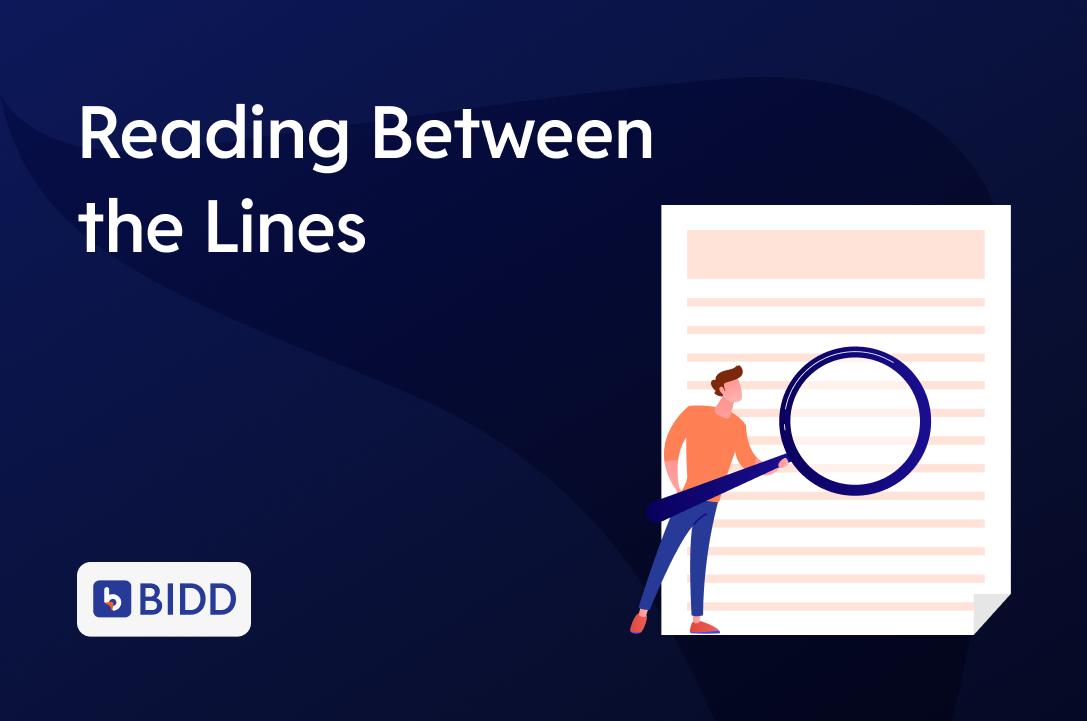How to Exit a Bond Investment Early (Without Stress)
First, a Quick Scenario:
You bought a bond.
It offers good interest, comes from a solid issuer, and you had a long-term view in mind.
But life happens. You need liquidity before the bond matures.
Now what?
Can you sell early?
Yes — but it’s not always as simple as clicking “Sell.”
Let’s break it down.
Can You Sell Bonds Before Maturity?
Yes, most bonds can be sold before maturity.
But how easy it is depends on several factors:
- Whether the bond is listed
- The issuer’s profile (government, PSU, corporate)
- Liquidity and trading volume
- Prevailing market conditions
Think of bonds like property —
You can sell anytime, but will you find a buyer at the right price?
How Can You Actually Sell a Bond?
Here are the main ways investors exit early:
1. Through the Exchange (if listed)
Many bonds are listed on NSE or BSE and can be sold just like stocks.
If your bond is:
- Listed
- Liquid
- In demand
Then:
- You can place a sell order through your demat platform
- The price depends on demand-supply dynamics
- You may find a buyer quickly if volumes are good
Tip: Always check recent trading activity and volume before placing an order.
2. Via Online Bond Platforms (e.g., Bidd, GoldenPi, Wint Wealth)
Platforms like Bidd facilitate peer-to-peer or over-the-counter bond trading.
They offer:
- Live buy/sell quotes
- Tools to list your bond for resale
- Assistance from internal advisors or desks to find a match
It functions like a bond marketplace, streamlining access for retail investors.
3. Through a Broker or Dealer
For unlisted or illiquid bonds, brokers can help you exit.
They may:
- Tap their buyer networks
- Offer to buy from you (usually at a discount)
Convenient — but may come with a price haircut, just like selling a used car to a dealer.
What Price Will You Get?
Your selling price depends on:
-
Interest Rate Movements
-
If rates have risen, your older bond may sell at a discount
-
If rates have fallen, you might sell at a premium
Liquidity
-
Thinly traded bonds = fewer buyers → possible discounts
Credit Rating Changes
-
Any downgrade affects resale value
-
Remember: While the face value stays constant, the market value of a bond fluctuates daily.
Real-Life Example
Bond X
- Listed on NSE
- Issued by a top-rated PSU
- Maturity: 5 years
- You want to exit after 2 years
Listed and active
You sell close to fair value
Bond Y
- Unlisted, issued by a mid-size NBFC
- No exchange activity
- Broker offers to buy it at 5–10% discount
Limited resale options
You take a hit on returns
Lesson: Liquidity and listing make a big difference when selling early.
What Should You Check Before Buying (If You Might Exit Early)?
- Is the bond listed on an exchange?
- Does it trade regularly?
- Are there known resale platforms available?
- Is there a lock-in period or holding restriction?
If flexibility is important, choose listed, rated, and widely held bonds.
Why Do People Sell Bonds Before Maturity?
There are many reasons, including:
- Emergency expenses
- Better investment opportunities
- Capital gains in a falling rate scenario
- Portfolio rebalancing
No matter the reason, having an exit strategy makes you a smarter investor.
Final Thoughts: Be Prepared, Not Surprised
Bonds aren’t like fixed deposits that you can “break” with a penalty.
Exiting early takes:
- Planning
- Platform access
- Market awareness
So before investing, ask yourself:
- Can I sell this bond easily if needed?
- What’s the process to exit?
- Will I get a fair price?
Because in bond investing, returns matter — but exits matter more.
Make sure your investments are not only strong…
…but also sellable.
Smart investors know their way in — and out.
Be that investor.




